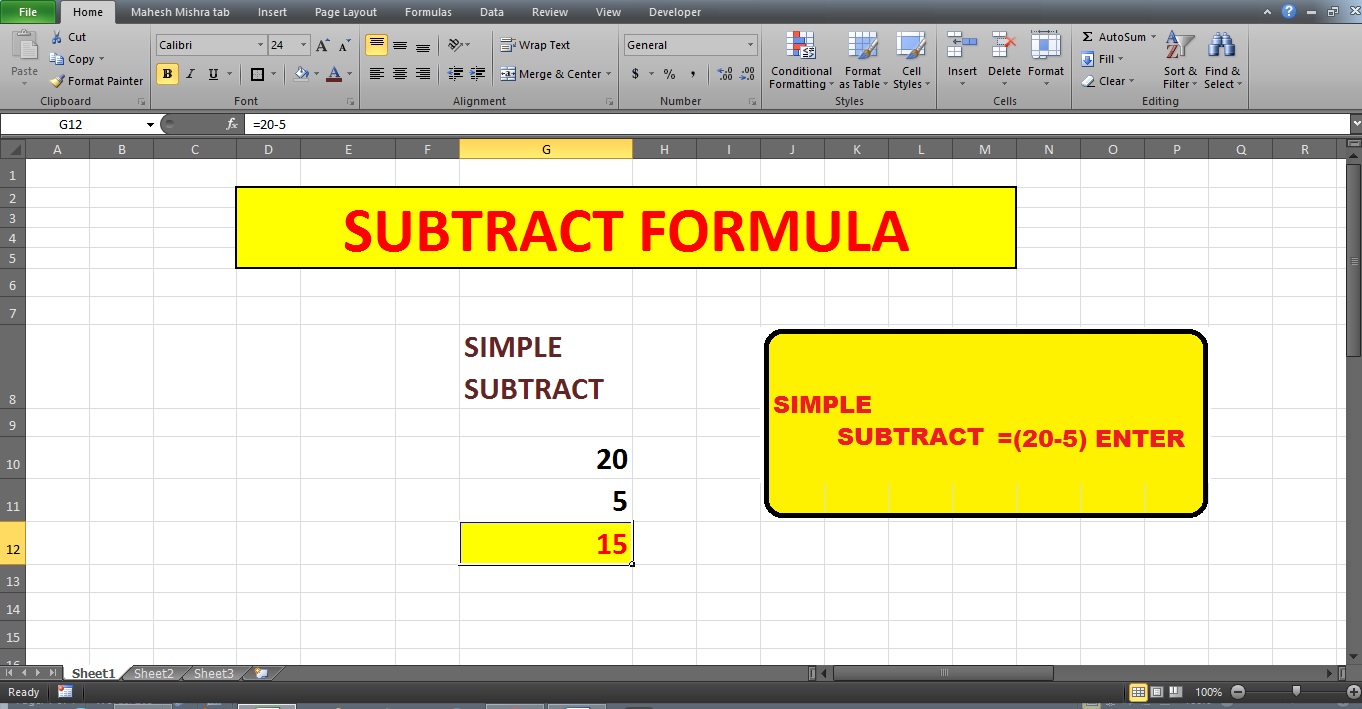Mastering the Art of Subtraction: A Foundational Skill
In the intricate tapestry of mathematics, subtraction stands as a fundamental thread, weaving together the fabric of numerical understanding. It's the quiet elegance of taking away, the subtle art of finding the difference, a cornerstone of our quantitative world. But how do we truly master this seemingly simple operation? Let's embark on a journey to explore the nuances of subtraction, uncovering its hidden depths and practical power.
From balancing a checkbook to measuring ingredients for a recipe, subtraction is woven into the everyday fabric of our lives. We may take it for granted, but its impact is undeniable. Understanding the core principles of subtraction unlocks the door to more complex mathematical concepts, paving the way for algebraic equations, calculus, and beyond.
The history of subtraction is intertwined with the development of number systems themselves. Ancient civilizations used various methods to represent and manipulate numbers, from tally marks on bones to complex symbols carved in stone. The concept of removing a quantity from another emerged as a practical necessity for trade, resource management, and even storytelling. As number systems evolved, so did the methods of subtraction, culminating in the efficient algorithms we use today.
A key aspect of mastering subtraction is understanding its relationship to addition. Subtraction is essentially the inverse of addition, undoing what addition accomplishes. This relationship is crucial for developing a deep understanding of number manipulation and problem-solving.
Subtraction, at its core, involves finding the difference between two numbers. The number being subtracted is called the subtrahend, while the number from which we subtract is called the minuend. The result is the difference. For example, in 7 - 3 = 4, 7 is the minuend, 3 is the subtrahend, and 4 is the difference.
Let's delve into a simple example. Imagine you have five apples, and you give two away. To find out how many apples you have left, you subtract: 5 - 2 = 3. This simple act demonstrates the practical application of subtraction in everyday life.
The benefits of understanding subtraction are numerous. It enhances problem-solving skills, promotes logical thinking, and builds a foundation for more complex mathematical concepts. From calculating discounts at a store to managing finances, subtraction empowers us to navigate the numerical landscape of our world with confidence.
To perform basic subtraction, follow these steps: Write the minuend (the larger number). Write the subtrahend (the smaller number) below the minuend, aligning the digits by place value. Subtract each column, starting from the rightmost column (the ones place). If the digit in the subtrahend is larger than the digit in the minuend, borrow from the next column to the left.
Here are some real-world examples: Calculating the change due after a purchase, determining the remaining distance on a road trip, figuring out the time difference between two events, adjusting a recipe based on the number of servings, and calculating profit or loss in a business transaction.
Advantages and Disadvantages of Mastering Basic Subtraction
While the advantages are numerous, there are some challenges beginners might face:
Frequently Asked Questions:
What is subtraction? Subtraction is the process of finding the difference between two numbers.
What are the parts of a subtraction problem? The minuend, subtrahend, and difference.
How do I subtract larger numbers? Use the borrowing method.
Why is subtraction important? It's a foundational math skill used in everyday life.
What if the subtrahend is larger than the minuend? This results in a negative number.
How can I practice subtraction? Use worksheets, online games, or real-life scenarios.
What is the relationship between addition and subtraction? They are inverse operations.
How can I check my subtraction answer? Add the difference and the subtrahend; the result should be the minuend.
Tips and Tricks: Practice regularly with flash cards or online games. Visualize the subtraction process with objects or drawings. Break down larger subtraction problems into smaller, manageable steps.
In conclusion, mastering basic subtraction is a fundamental step in developing numerical literacy. Its importance resonates across various facets of life, from everyday transactions to complex calculations. By understanding the principles of subtraction, practicing regularly, and utilizing the resources available, individuals can enhance their problem-solving abilities and navigate the numerical world with confidence. The ability to perform basic subtraction not only strengthens mathematical understanding but also empowers individuals to make informed decisions in various aspects of their lives. So, embrace the elegance of subtraction and unlock the door to a world of numerical understanding.
Effortless npcs dd npc generators with stats
Dee dee blanchards factitious disorder unraveling the complexities of munchausen by proxy
Unlock your potential a guide to education loan mara govmy















